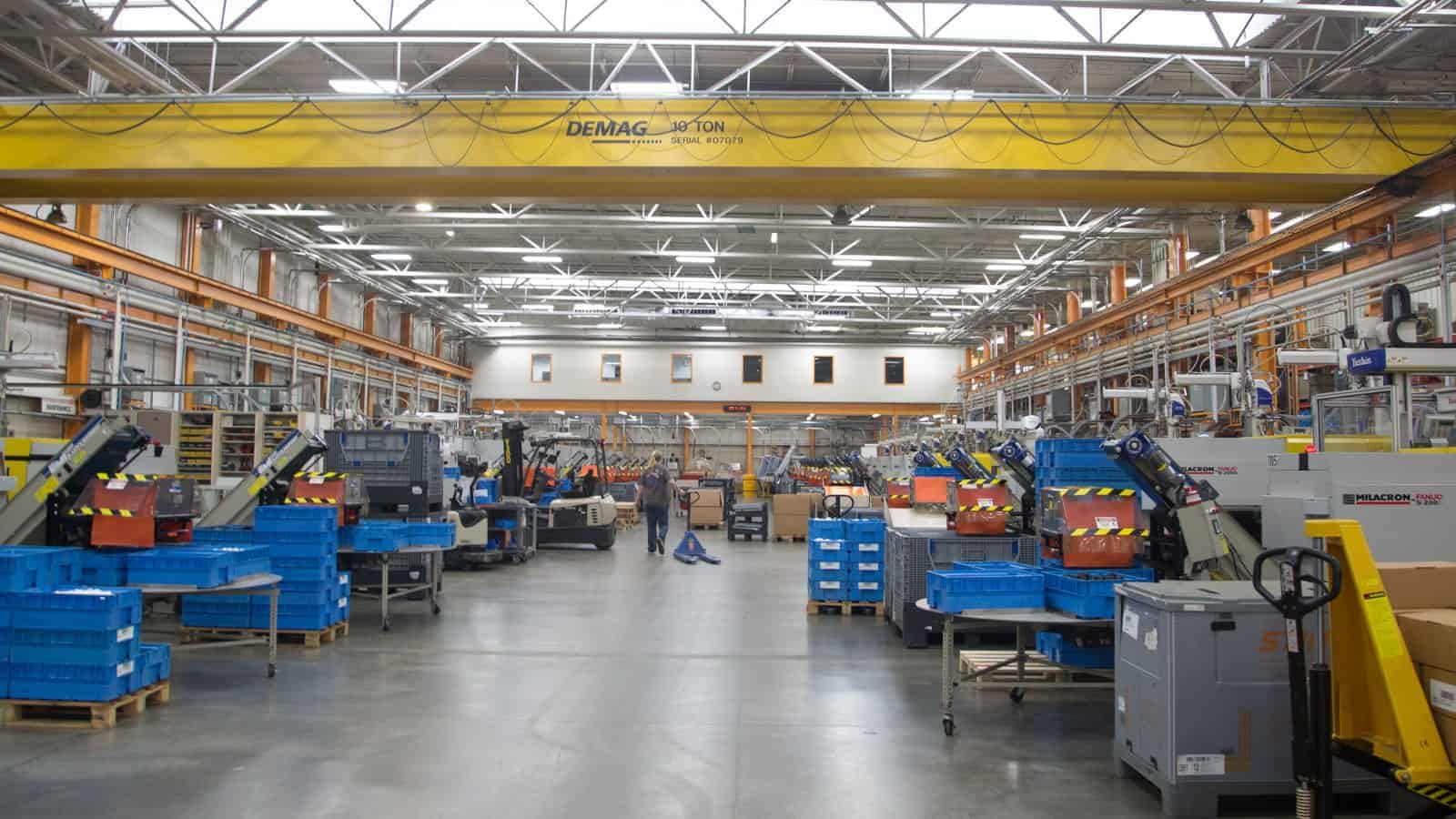Chemical Manufacturers Push EPA for Faster Action

Under the Toxic Substances Control Act, businesses must keep up with all of the requirements and restrictions relating to chemical substances. Although manufacturers fulfill their obligations with the utmost care, the Environmental Protection Agency isn’t keeping up its end of the bargain.
Alan Dyke, Ph.D. is the chief technology officer at Boulder Scientific Company—a specialty chemical company based in Mead, Colorado—and a member of the Society of Chemical Manufacturers & Affiliates. In his opinion, the EPA must change its approach if manufacturers in the U.S. are to remain competitive.
The company: Serving clients in many sectors, from pharmaceuticals to defense and aerospace, Boulder Scientific makes a number of complex and unique catalysts and compounds. The company proudly keeps all their manufacturing processes inside the United States.
- “We work with an end user to produce materials inside America with the right level of safety and quality, and to make those materials available for them within American borders,” Dyke explained. “We don’t outsource any manufacturing outside the U.S.”
The challenge: The EPA continues to miss congressionally mandated deadlines to review and approve compounds, creating havoc in an industry dependent on clockwork efficiency.
- “We’ve encountered delays because of the time it takes to file a document, the variability of response times from the EPA and the sheer number of documents we have to file,” said Dyke.
- At the same time, the EPA is imposing more regulations on chemical manufacturers that are difficult to navigate or confusing.
- “To make one of our compounds might take 10 different chemical intermediates from the first raw materials through to the end product,” he explained. “Each one of those materials requires a filing for each one of those compounds. And if any one of those steps is not approved, it interrupts our delivery process.”
The impact: These problems don’t just affect chemical manufacturers; they also cause problems throughout the supply chain and for customers and end users, who are forced to wait through a series of unpredictable delays.
- “During the past two years, we’ve seen a level of frustration building at the end-user level,” said Dyke. “Customers are considering sourcing from other countries where the system is more predictable and they won’t have to face these delays.”
The next step: Should the EPA fail to correct its course, even businesses dedicated to remaining in the U.S. may reach a breaking point, Dyke cautioned.
- “We are considering sourcing raw materials and advanced intermediates in other countries—and even establishing manufacturing in other countries—because registration and filing is easier in other places,” he said.
- “And that’s really concerning, because if we’re thinking about doing things outside the United States, then I can guarantee a number of SOCMA members are thinking similarly.”
The CHIPS effect: Even as the U.S. government encourages companies to manufacture semiconductor chips in the United States through the CHIPS Act, the EPA’s delays are making it harder to fulfill critical goals. Boulder Scientific, which does significant business with the chips industry, is caught up in this bottleneck.
- “The frustration from the folks who are buying those materials from us is that the incentive to support the CHIPS Act is strong, whereas the current EPA filing process is not efficient—and so there’s a mismatch,” said Dyke. “We’re not able to perform the way we would want to in support of that government incentive.”
The last word: “Manufacturers are facing an onslaught of environmental regulations like we have never seen before,” said NAM Vice President of Domestic Policy Brandon Farris. “The industry supports commonsense regulations that contribute to a healthy environment but don’t prevent manufacturers from creating the products that make modern life possible.”
The NAM, members of the NAM’s Council of Manufacturing Associations and Conference of State Manufacturers Associations recently launched Manufacturers for Sensible Regulations, a coalition addressing the impact of the current regulatory onslaught coming from federal agencies. To learn more, and get involved, go here.
